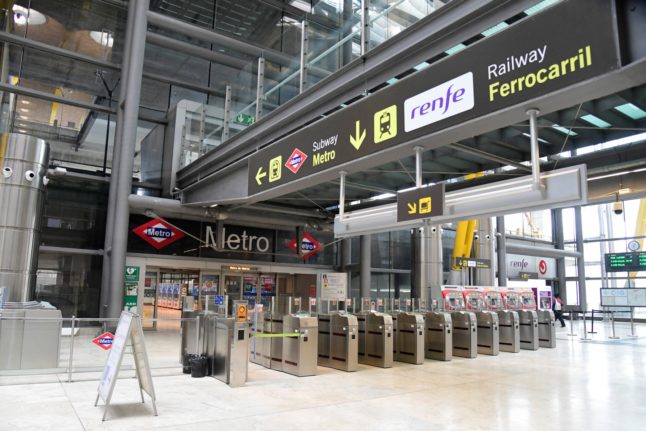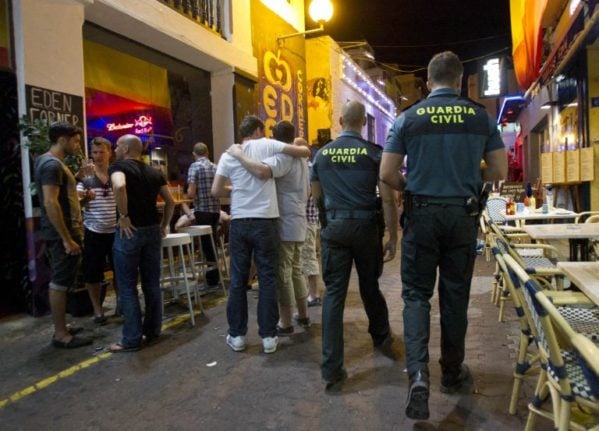By 2026, Madrid Metro users will have the option of using their debit/credit cards or mobile banking apps directly at the glass-door turnstiles in order to pay for their journeys.
This offers a faster alternative to buying single tickets or recharging their cards with extra journeys at the ticket machines or counters at the main lobbies of Madrid’s 302 metro stations, as they will only have to tap to pay at the turnstiles.
This payment system is already on most of Madrid’s municipal bus network, and given its success it will be progressively introduced into the metro network over the next two years.
“This measure will make it a little bit easier for users,” Madrid government spokesperson Miguel Angel García told journalists about the €6 million software improvement.
It is also expected to improve the flow of travellers at some of the city’s busiest metro stations such as Sol or Callao.
Approximately 900 turnstiles will have the new payment option available.
The software will also include BackOffice, a system that stores information about the trip validations that a user makes in a certain period of time to “calculate the best rate to apply” and “group the charges into a single transaction”.
READ ALSO: Madrid metro app to show carriage temperature and occupancy levels



 Please whitelist us to continue reading.
Please whitelist us to continue reading.
Member comments